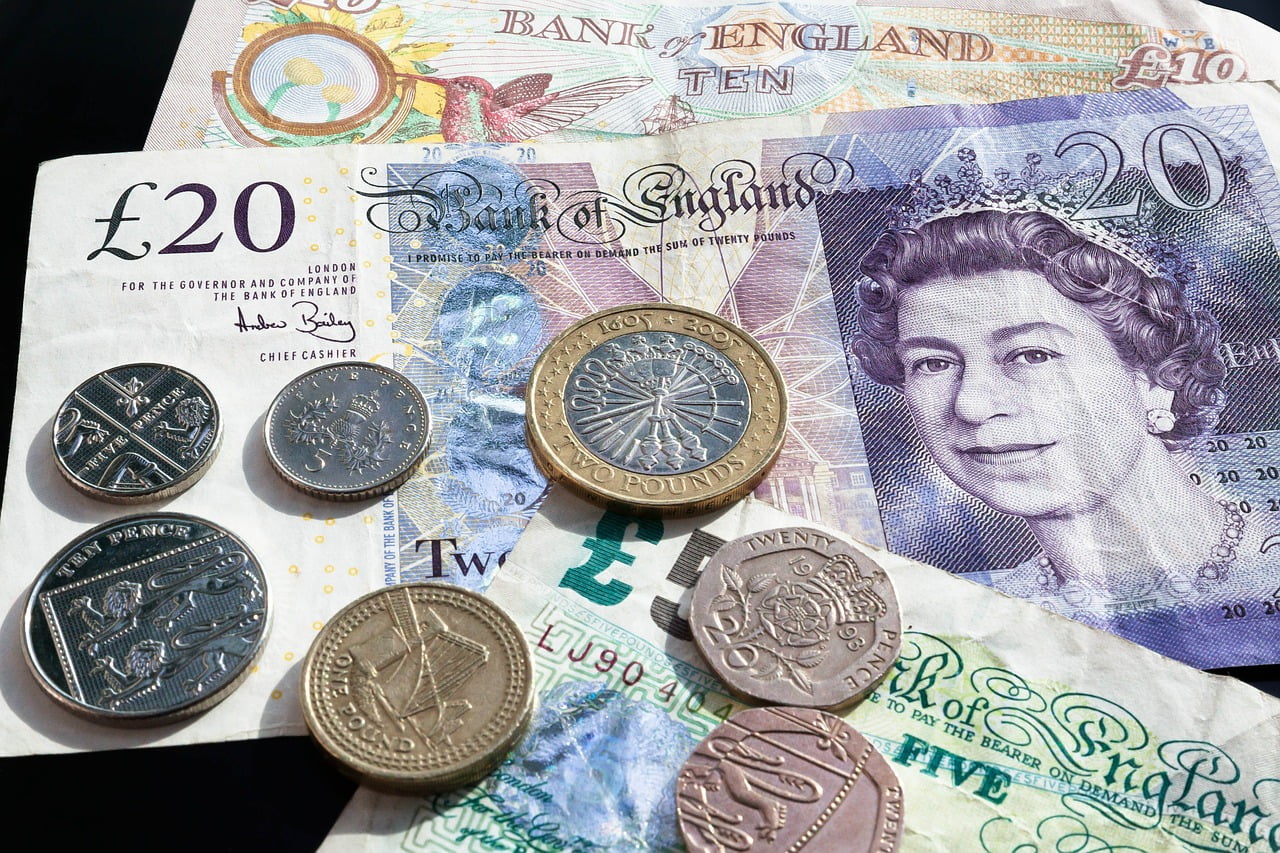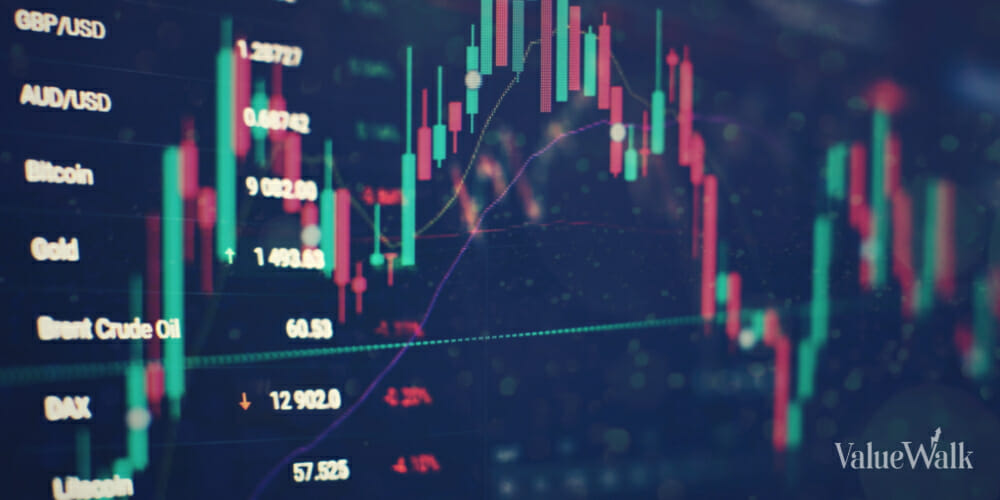“Businesses and consumers will have to suck up even higher prices over the medium term, before they fall back according to the latest forecast from the Bank of England. The description of higher inflation as temporary has been stretched to its limits given the timescale now set by the monetary policy committee, as 24 months above the 2% target may well be viewed as a pretty sustained period.
[soros]Q2 2021 hedge fund letters, conferences and more
No Easing Back On The Drug Of Cheap Money
Higher commodity costs, supply chain bottlenecks and staff shortages are among the pressures weighing down on companies and prices will be pushed up even further, with the CPI measure of inflation forecast to hit 4% by the end of the year. But the bank reckons they will subside to hit the 2% target in two years, so for now, there is no easing back on the drug of cheap money. Interest rates were held ultra-low at 0.1% and the mass bond buying programme set to continue. The fact that there was just one vote of opposition to maintaining QE at this level indicates that this course of inaction is unlikely to change in the short term unless there is a drastic change in the UK’s prospects. However, it does now look like the monetary policy fist may tighten around interest rates earlier than the bank had previously forecast if the economy continues to rebound, but rates will have to rise to at least 0.5% before the bond buying purse strings will tighten.
Although vaccines have helped pull the economy out of the depths of pandemic misery, the recent spike in infections and the ensuing pingdemic as workers were forced to isolate en masse, has dragged down forecasts for growth, now coming in at 3% in the third quarter. The economy is expected to finally bounce back to pre-pandemic levels by the end of the year as the effects of the delta variant fade. The bank’s forecasts rely heavily on consumer behaviour, not least on savers not splashing the entire pile of cash they have built up during the pandemic. Officials are expecting a surge in purchases to continue but some hesitancy to remain, with consumers keeping hold of emergency reserves to insure against a fresh resurgence of covid.
The Bank of England’s unwavering assessment came in contrast to the higher number of dissenting voices being raised over at the Federal Reserve, with several key policy makers coming out to say that the US central bank should start easing bond buying programmes by early next year. For now chair Jerome Powell is saying the conditions for that to take place are still some way off, despite the surge in inflation. The Fed has an eye on job recovery too, with unemployment still significantly up on 2019 levels and the most recent data showing hirings slowed in June. The spread of new variants in the southern states in particular could drag on the economic recovery, which is why chairman Powell is still being cautious about lifting the pedal off the gas of QE.’’
Article by Susannah Streeter, senior investment and markets analyst, Hargreaves Lansdown
About Hargreaves Lansdown
Over 1.6 million clients trust us with £132.9 billion (as at 30 April 2021), making us the UK’s largest digital wealth management service. More than 98% of client activity is done through our digital channels and over 600,000 access our mobile app each month.




